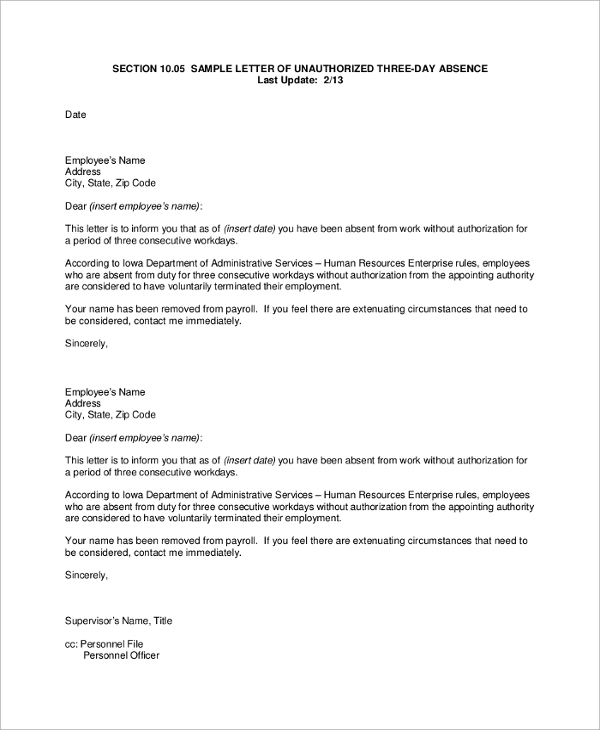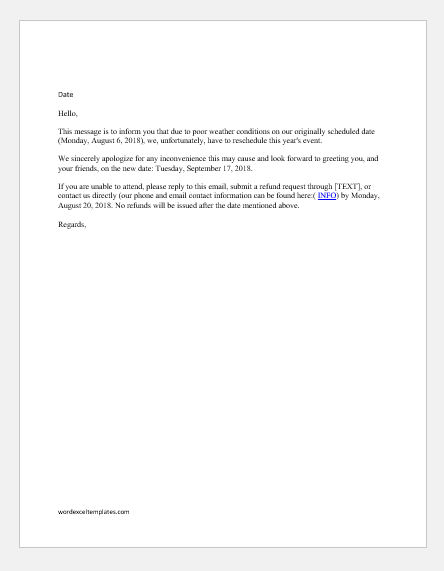

In this chapter we relate these issues to the long standing role of tenure in academic life. Considerable attention has been given to developments in the United States, where the process is, arguably, most advanced (Apple, 2005 Hill, 2005). In recent years debates have emerged about rising corporate influence and control over higher education. The book may be ordered from the publisher at The book is also available for pre-order at " The downloadable document contains the Introduction to Presumed Incompetent co-authored by Angela P.
I REGRET TO INFORM YOU LETTER PROFESSIONAL
The narratives are filled with wit, wisdom, and concrete recommendations, and provide a window into the struggles of professional women in a racially stratified but increasingly multicultural America. One of the topics addressed is the importance of forging supportive networks to transform the workplace and create a more hospitable environment for traditionally subordinated groups. Through personal narratives and qualitative empirical studies, more than 40 authors expose the daunting challenges faced by academic women of color as they navigate the often hostile terrain of higher education, including hiring, promotion, tenure, and relations with students, colleagues, and administrators. "Presumed Incompetent is a pathbreaking account of the intersecting roles of race, gender, and class in the working lives of women faculty of color.

I argue that if we arm ourselves with these strategies, we can build a unified solidarity movement and political action to fight the tower. Here I propose practical strategies for women of color to stand up against the grave injustices we face. When faced against mounting attacks, I found ways to defend my work and personhood, changing not only my own future, but also that of those around me. Part II discusses my two-year protracted tenure fight and my transformation from an embattled scholar to a strategic warrior. I naively struggled through invisible barriers looking more inward than outward, essentially blaming myself instead of recognizing the early signs of systemic wrongdoings. Part I discusses my personal journey through academia, exposing me to the many discriminatory practices within the tower, targeting issues of gender, race, ethnicity, class, disability, and motherhood. This article is broken up into three parts. Led in part by the women behind the seminal anthology, Presumed Incompetent: The Intersections of Race and Class for Women in Academia, is where women of color from diverse fields of study share their deeply personal stories and provide empirical data that exposes systemic wrongdoings. Parallel to this dismal reality, however, is the growing movement of scholars speaking up against the injustices in the academe.

Sadly, the vast majority continues to endure the violent onslaught feeling isolated and alone, unable and sometimes unwilling to seek assistance and fight.

With massive budgetary cuts at universities nationwide and trends towards corporatization, underrepresented groups again find themselves increasingly targets of bullying, harassment, and dismissal.


 0 kommentar(er)
0 kommentar(er)
